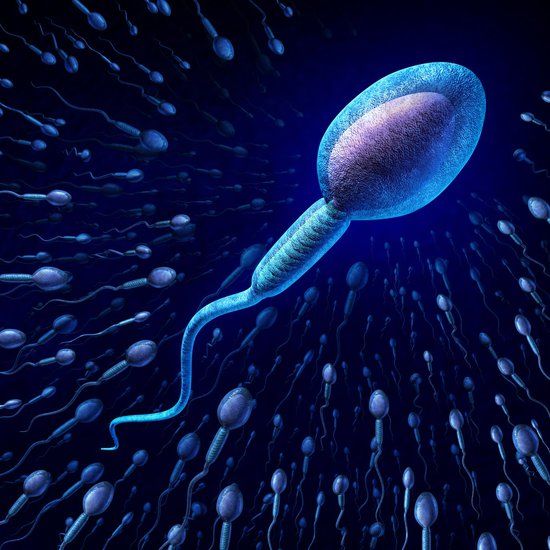A diagnosis of ‘unexplained’ infertility can be incredibly frustrating because there’s simply no reason why you’re failing to get pregnant.
Usually you’re diagnosed with unexplained infertility if the tests conducted on both you and your partner – which typically involves semen and ovulation analysis and examination of the fallopian tubes – doesn’t indicate a problem, yet you’ve been trying for a baby without success for some time. Around a third of couples we treat here at Manchester Fertility have unexplained infertility – it’s much more common than most people think. The good news is that infertility treatment tailored to your needs can help you have a baby.
But what causes it in the first place? Researchers from Queens University Belfast believe they may have found a cause for many cases of unexplained infertility. In a study of 239 couples who had been diagnosed with the condition, 80 per cent of the men had high sperm DNA damage.
Sperm affected by DNA damage may not be able to fertilise the egg through natural methods of conception, and as such specific infertility treatment such as Intracytoplasmic sperm injection (ICSI)- where the single best, healthiest sperm as identified by our Lab team is injected directly into the egg - could give better success for men with this problem.
However it has been pointed out that although the majority of men in this study had DNA-damaged sperm, this may not be the only cause of the infertility. More research is now needed into testing for DNA damage and interpretation of results, but it is a good start into increasing our own understanding about unexplained infertility and the factors which contribute towards this diagnosis.
Last updated: 20th January 2020







